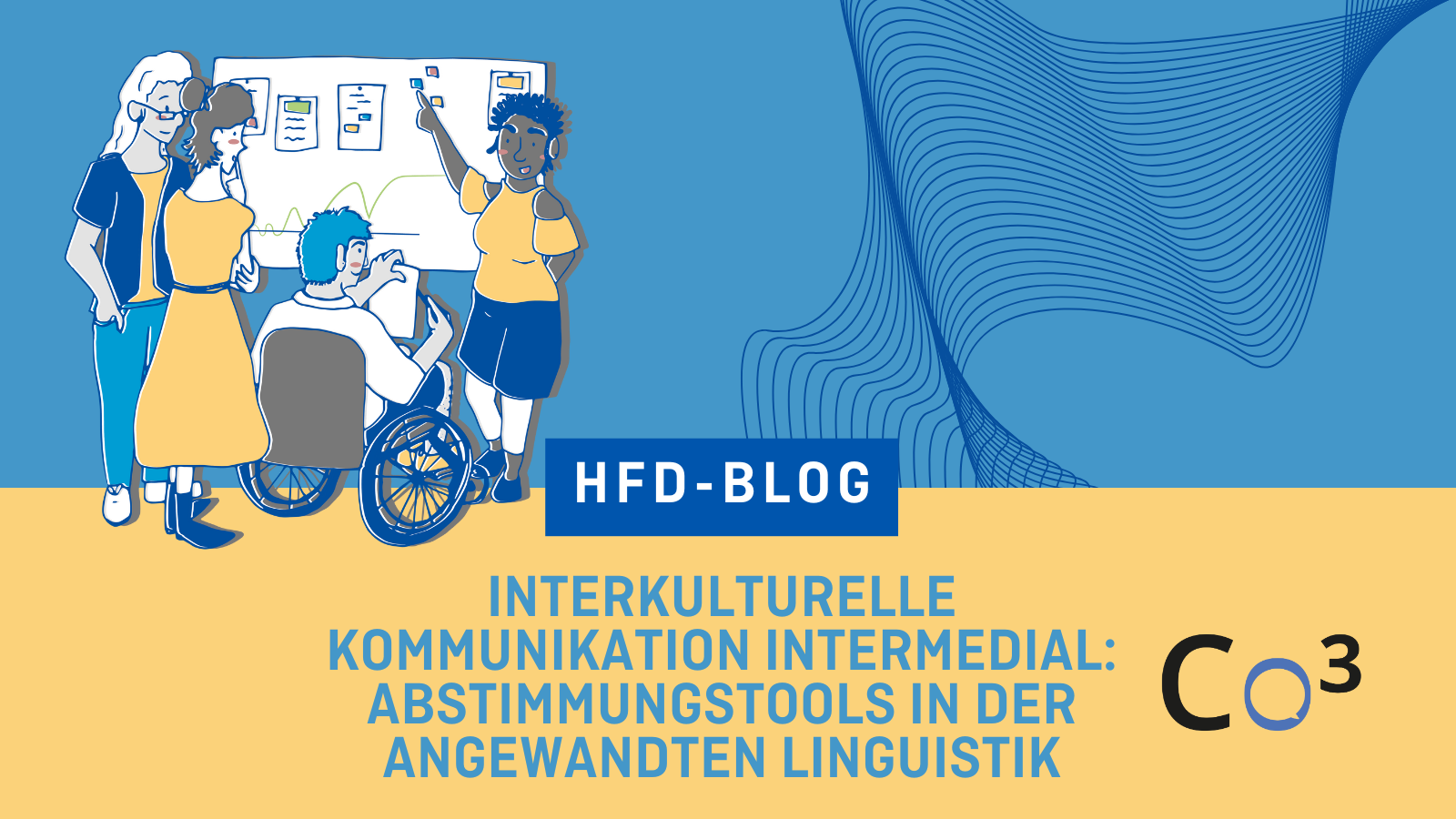Towards an Interoperable Higher Education Landscape
Towards an Interoperable Higher Education Landscape
20.02.24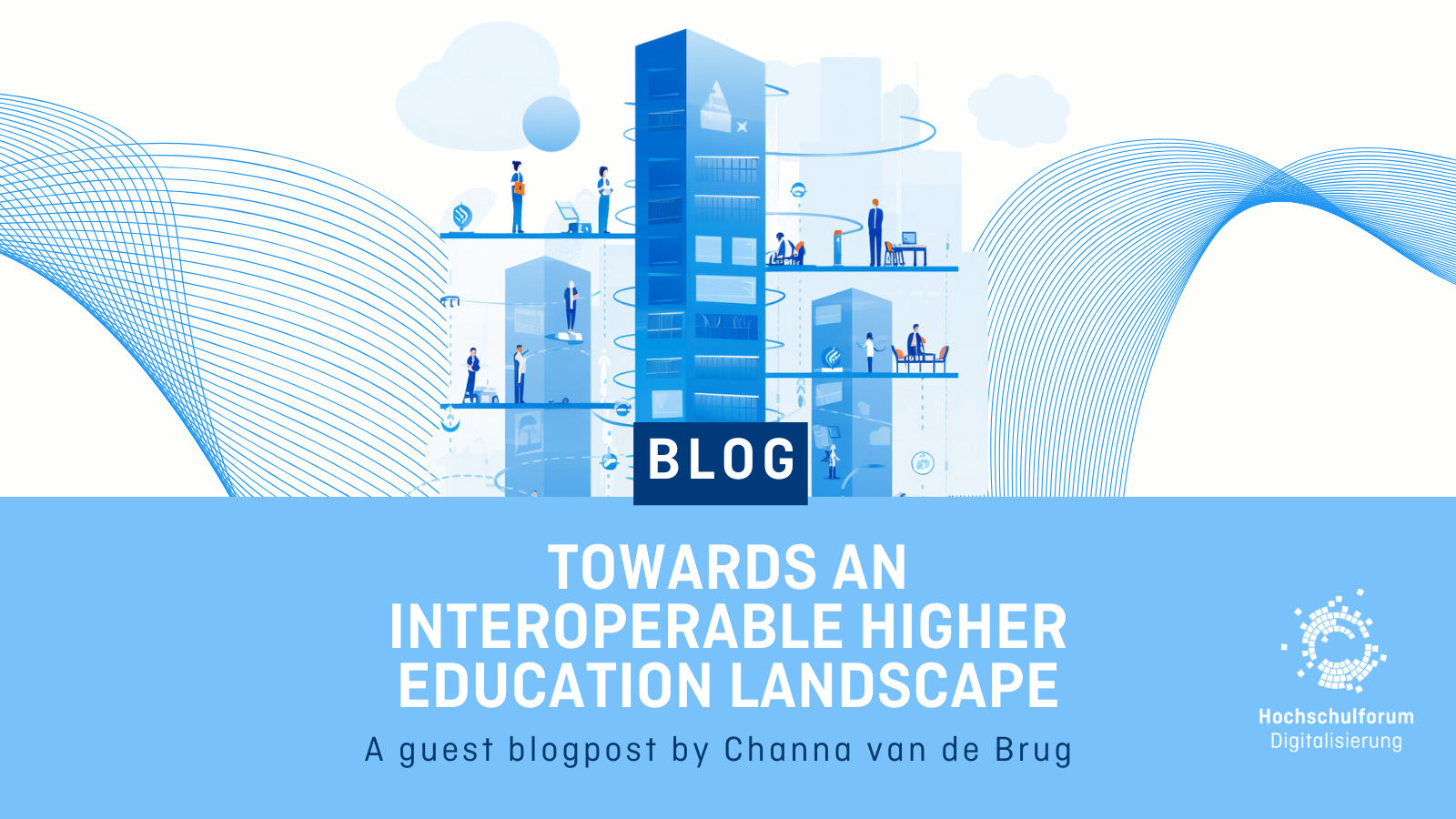
Are you eager to access comprehensive student performance data across multiple platforms? Keen on collaborating seamlessly with fellow educators across various institutions? Do you envision a single platform to log in as a student? As an administrator, are you looking for more efficient academic recognition processes?
Good news: The European Digital Education Hub is making strides with a key initiative that responds to these wishes – by developing a European higher education interoperability framework.
We spoke to Channa van der Brug, who has been closely monitoring the progress of this initiative since its launch in September 2023, informed by insights from the HFD study “Making Interoperability Work”. She will unveil the progress made and its relevance to you!
User Journeys and Use Cases
The interoperability framework is set to transform the sharing of educational data and resources within and across universities. Formulated by an international group on the Hub (a collaborative MS Teams channel run by the European Commission), it targets interoperability at the organisational level, especially for the 500+ universities in the European University Alliances.
The main question the group first needed to answer was: how do learners, educators, and administrative staff navigate different interoperability hurdles? Sharing and moving educational content, other learning resources and data between different people, institutions and digital platforms is no easy feat. To make education more collaborative and accessible to everyone, the Hub needed to first get a clear picture of what the main pain points were for different user groups, and what the different user flows looked like.
To give you some examples: educators are committed to gaining a holistic view of students’ performance and needs so they need platforms that integrate data from various sources, and systems that enable them to track and support student progress effectively. Learners require easily accessible systems too. Systems which allow for flexible yet secure management of personal data. From support staff we know that licensing, data for enrollment and credential issuing, and metadata about learning materials are key.
Nine use cases have now been developed and working groups consisting of 100+ participants are starting to map the technological solutions and standards used across alliances to… Hang on, wait! Channa, can you give us more information first?
What is your vision and who is in this group?
We began by formulating guiding principles, and setting detailed, concrete objectives. The Higher Education Interoperability Framework Manifesto, accessible [here], encapsulates our mission and community values. Contributors include alliance members, experts from inter-university virtual campuses like CHARM, CIVICA, EPICUR, CIRCLE-U, and representatives from EdTechs and standards organisations like Instructure, Oracle, Moodle, 1EdTech, and European projects (GEANT, EMREX, EQAR to name but a few). German expertise is well-represented, by alliance members and ORCAnrw and Netzwerk Digitale Nachweise, among others.
Concrete objectives sound useful. My university is a member of an alliance so how are German Universities going to benefit from it?
The framework offers a practical modular toolkit which shows how already existing standards can be applied to connect systems, solutions, and technical components. It will include a comprehensive roadmap for operationalisation and implementation so it is not just a concept, but a tangible asset to be tested by universities.
University alliances face significant uncertainties regarding the technical and organisational approaches necessary for achieving interoperability. This framework is crucial as it brings clarity and direction to their efforts. It not only enhances transparency but also lays the groundwork for governance discussions involving the higher education community, the private sector, and policymakers. Essentially, it serves as a guiding tool to navigate the complex path towards interoperability.
Why does HFD think this is important?
We see an integral role of German universities in this interoperability initiative, especially given their participation in 51 European alliances – from Arqus to U!Reka. These universities exemplify the spirit of innovation and collaboration that the framework aims to enhance. However, interoperability transcends technology; it is about fostering a new culture of collaboration that is inclusive, interconnected, and dynamic. Aligning different organisational cultures and workflows is a challenge though. This may require universities to adapt and be open to new collaborative solutions and methods. Over the past decade, HFD has been instrumental in guiding digital transformation processes like this in higher education. We think it is important to offer guidance, create incentives, set agendas and provide information to successfully shape processes.
That makes sense. When will this interoperability framework exist?
One of the main challenges lies in harmonising the diverse technological and educational systems of alliances and their members. We know that individual alliances are developing unified approaches to data management (joint courses, joint registration, joint learning environments, joint credentials) while respecting the individuality of each institution.
But it is not easy to map which solutions members are using and which options might be available, fitting and sustainable for the future. This is something that the European Commission realises and wants to support, through the bottom-up development of the framework.
Currently, the working groups are mapping solutions, with a technological analysis of enabling factors for the identified use cases soon to follow. By February 2025, we anticipate validating a reference architecture for the “European Interoperability Framework”.
Why are you so convinced that this is important?
As a public good, our education system deserves robust support. Interoperability is key for a flexible, accessible education system that can address broader societal needs (for instance around skills gaps or labour market shortages). No single institution can handle these challenges alone and the “collective problem- solving approach” which is part of the framework-development is crucial.
Specifically in Germany where data privacy laws are stringent and digitalisation pace varies regionally, this framework will be a significant catalyst as well. It will support ongoing digitisation efforts to ensure our institutions will remain competitive internationally.
So right now you are working on use cases and user journeys and are mapping solutions. Where can I find more details and outcomes (and can I give input as well)?
We welcome participation! Until February 2025, there will be information sessions, online consultations, virtual presentations, workshops, and more, all organised through the European Digital Education Hub. Stakeholders from various university roles are invited to join the interoperability workgroup [here]. For general queries, contact the Hub’s Community Managers at edeh-support@stifterverband.de or reach out to me directly at channa.vanderbrug@stifterverband.de for discussions on involvement.
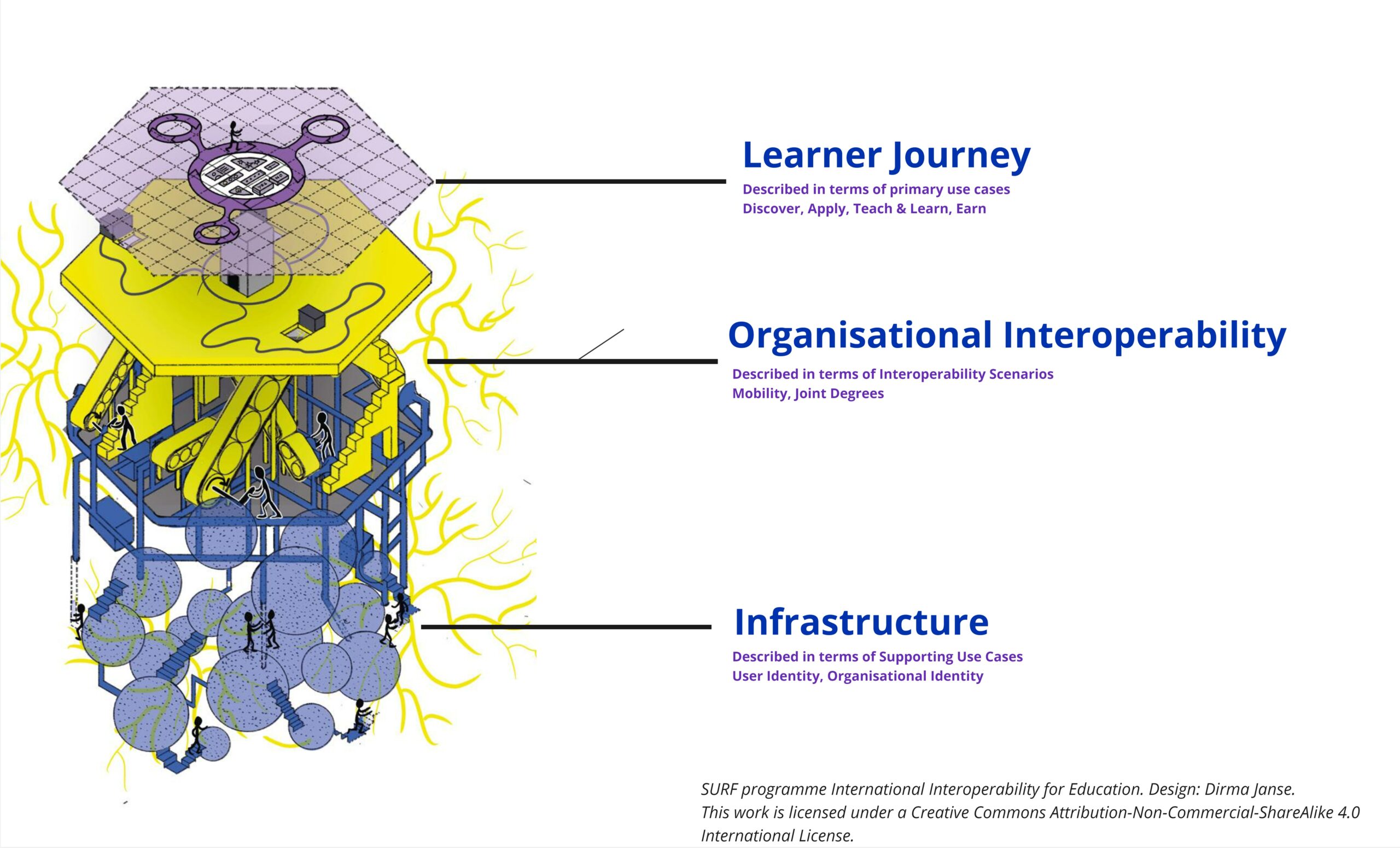
Picture taken from the Miroboard of the EDEH HEIO Meeting on February 1, 2024, Visual Workspace for Innovation
Contact

Channa van de Brug
Channa van der Brug is International Programme Manager at Hochschulforum Digitalisierung for Stifterverband. Stifterverband is one of the consortium partners supporting this project on the Hub, alongside partners including the DAAD, Deloitte Consulting, KIC and SURF.


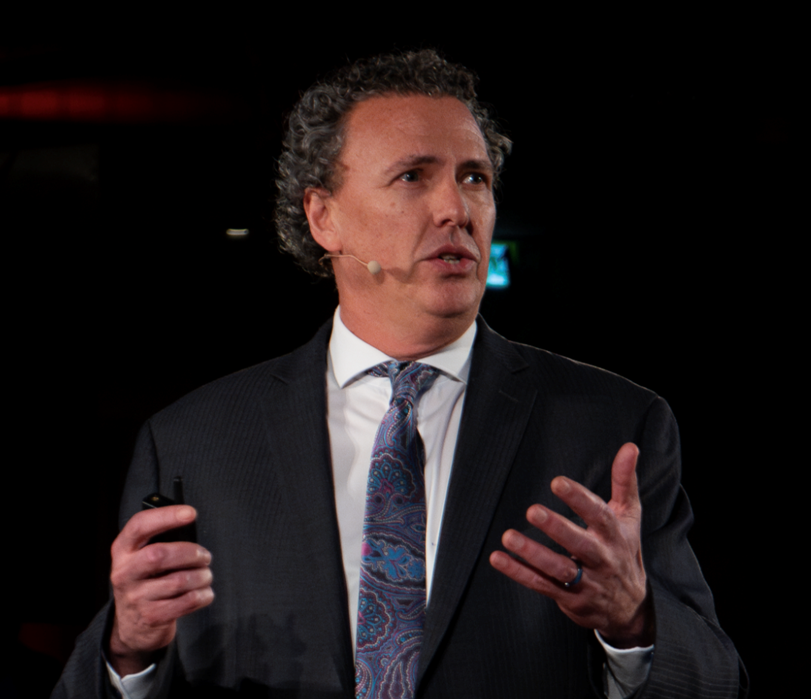 Steve Joordens
Steve Joordens 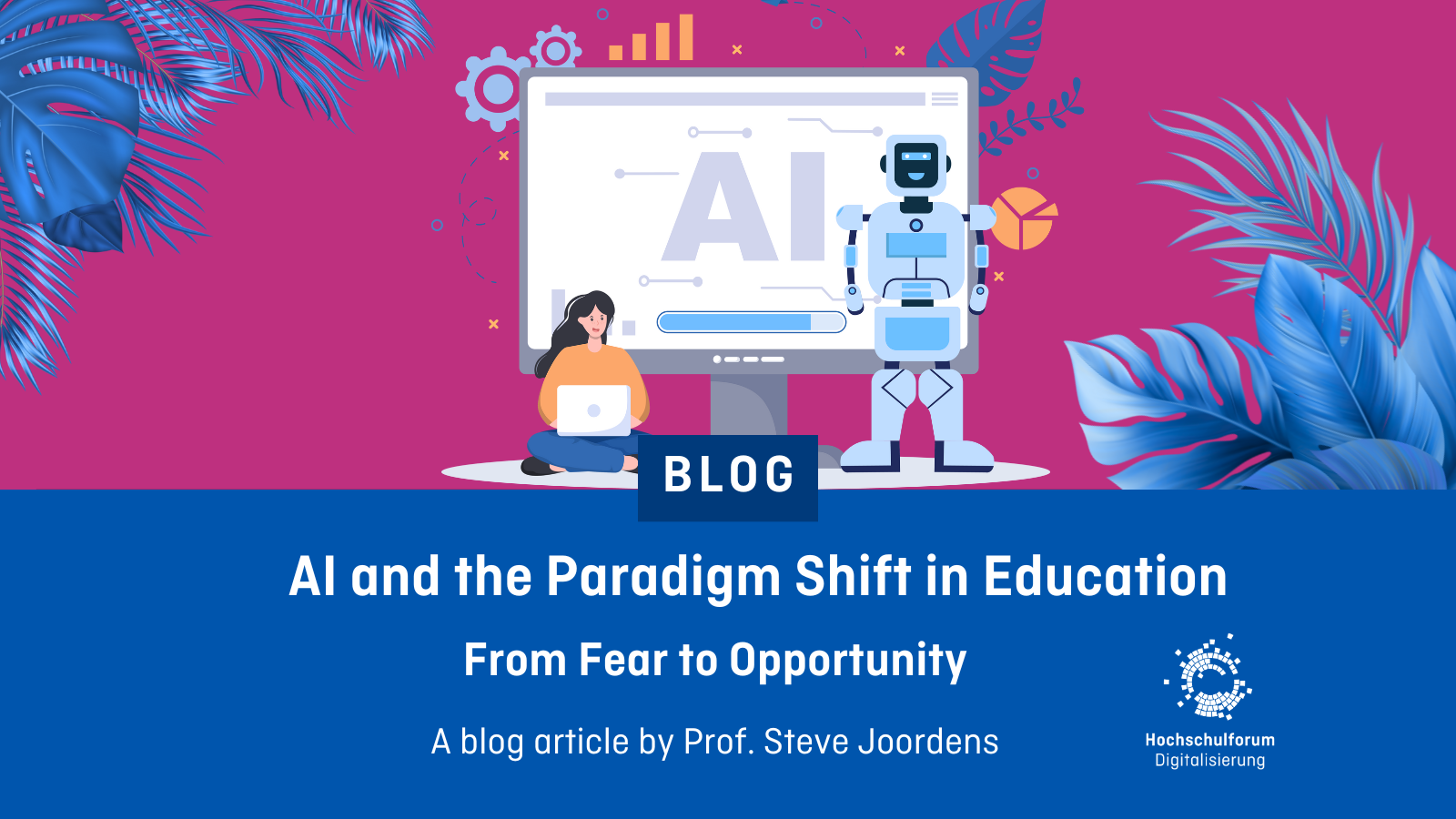
 Michael Siegel
Michael Siegel 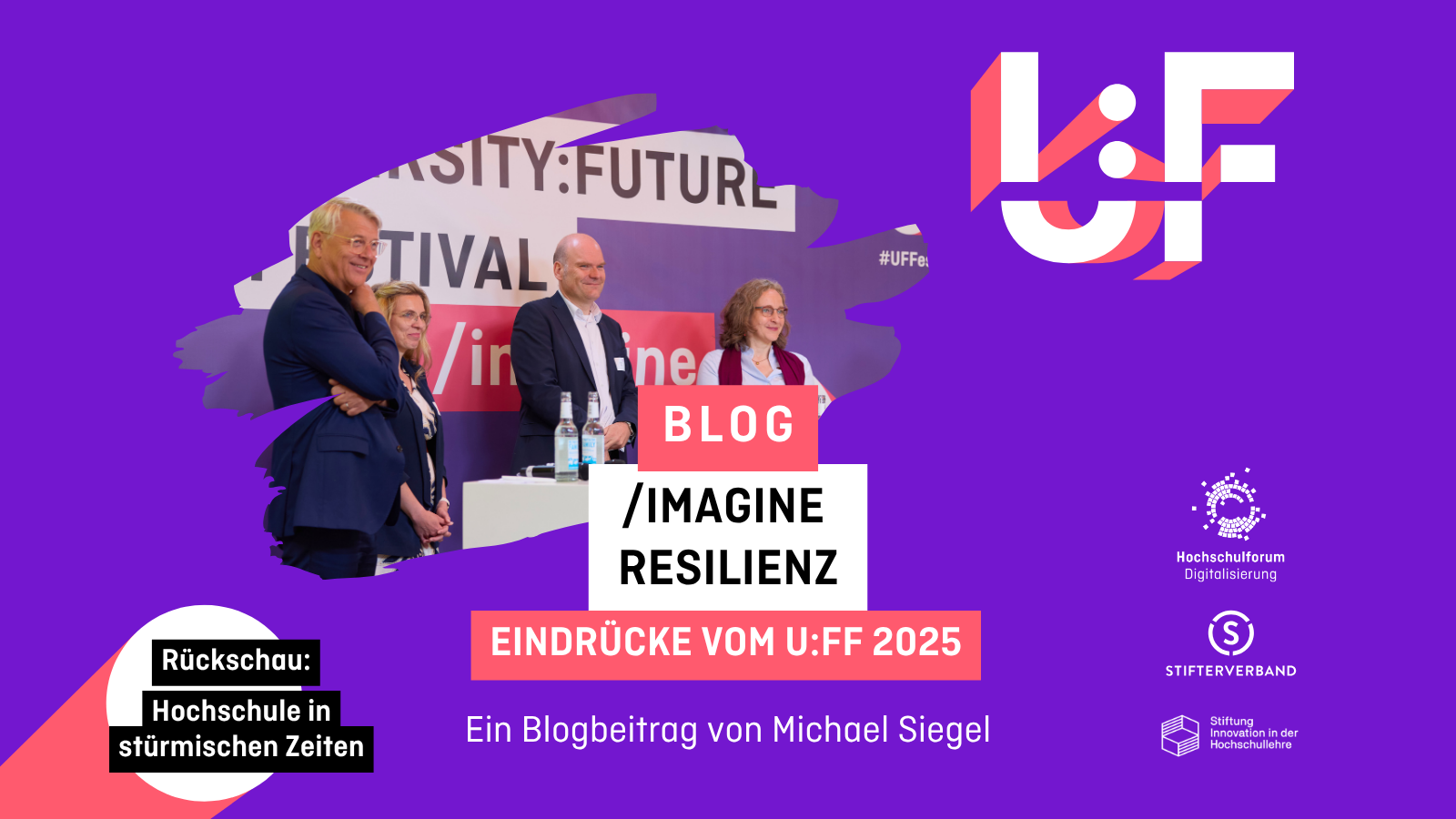
 Anna Scarcella
Anna Scarcella 